Are you ready to talk to a physician about your Pelvic Health?
Our Physician Finder will help you find a specialist in your area. Allowing you to search by specialty, conditions treated and languages spoken or you can view physicians on our interactive map. Each physician has a short bio, allowing you to get to know them and their background.
A Healthy Pelvis in Action
Pelvic floor disorders are perceived as low priority relative to other disorders that women face, but pelvic health research has revealed several reasons that maintaining pelvic floor health is critical for a woman’s overall health.
- Pelvic Floor Muscles work like a hammock, running between your pubic bone and tailbone, to support the pelvic organs - for women these include the bladder, reproductive organs and bowels.
- Maintaining Sexual Function. A weakened pelvic floor is significantly associated with reduced sexual arousal, infrequent orgasms, and pain during sex. Exercises designed to ease stress or strengthening exercises, such as yoga, increase awareness that can help relax the muscles and focus on sensation.
- Overall Wellbeing. Suffering in silence can be detrimental to a women's overall wellbeing. Women are more likely to feel self-conscious and physically unattractive. A healthy pelvic floor boosts confidence, quality of life, and promotes mental health.
When symptoms are adequately addressed women are more likely to resume activities and get back to living their life. - Avoiding Chronic Pain. Addressing and treating your underlying pelvic floor condition can reduce long term chronic pain.
Common Pelvic Floor Issues

Polyps & Fibroids
Polyps, made of endometrial tissue, grow on the wall of the uterus, while Fibroids, made of muscle tissue, develop within the uterine wall cause abnormal bleeding and pelvic pain.

Incontinence
When pelvic muscles are weakened, there is a loss of bladder control resulting in urinary leakage due to increased pressure, such as coughing or sneezing.

Prolapse
When pelvic muscles stretch and are weakened they are unable to provide enough support for the pelvic organs (such as the uterus, bladder or rectum), causing the pelvic organs to drop into or protrude out of the vagina.

Endometriosis
Abnormal growth of endometrial tissue outside the uterus, often on the ovaries, fallopian tubes and bowels cause infertility, pelvic pain and heavy bleeding.
Symptoms & Risk Factors
Symptoms
- Constipation
- Painful urination
- Pain during intercourse
- Pelvic and lower back pain
- Frequent urgency to urinate or to have a bowel movement
- Sensation of a bulge in the vagina
Risk Factors
- Obesity
- Pregnancy/Childbirth
- Increasing Age
- Traumatic injuries to pelvic region
- Working out/Lifting
- Nerve Damage
- Excessive pressure in the abdomen & pelvis, i.e. chronic coughing
-Multiple Pregnancies
Learn More About Your
Pelvic Floor
Stay in the know of all things Pelvic Health
Engage with us and Explore more about your Pelvic Floor!
(We promise we won't spam you, we hate it too!)


















